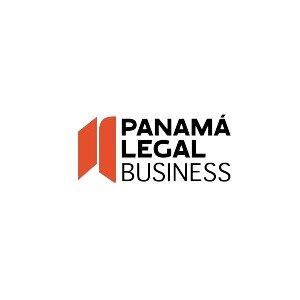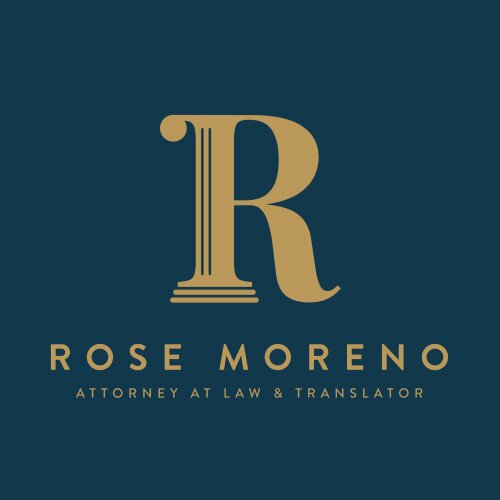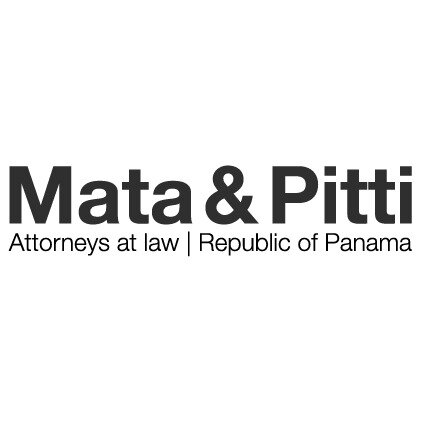Best Private Equity Lawyers in Panama City
Share your needs with us, get contacted by law firms.
Free. Takes 2 min.
List of the best lawyers in Panama City, Panama
About Private Equity Law in Panama City, Panama
Private Equity (PE) in Panama City refers to investment activities where funds are directly invested in private companies, or where companies are acquired and restructured. Panama City is a major financial and business hub in Latin America, and its favorable business climate attracts both local and international private equity activity. The country's strategic location and robust financial sector make it an attractive jurisdiction for private equity investments, including mergers and acquisitions, venture capital, and leveraged buyouts. PE transactions in Panama are subject to local company law, banking regulations, and sector-specific rules, making legal guidance critical for navigating the landscape.
Why You May Need a Lawyer
There are several situations where legal advice is essential in the context of private equity in Panama City. If you are an investor looking to enter the Panamanian market, you will need assistance with due diligence, structuring transactions, and ensuring compliance with local laws. If you are a business owner seeking to attract private equity or sell your company, a lawyer can help with negotiations, contracts, and regulatory approvals. Other scenarios include handling shareholder agreements, resolving disputes, navigating tax implications, meeting reporting requirements, and addressing any cross-border elements of private equity deals. Lawyers help safeguard your interests, reduce risk, and ensure your transactions are legally sound.
Local Laws Overview
Private equity activity in Panama City is governed by national legislation such as the Panama Corporation Law, Securities Law, and various regulations set by the Superintendency of the Securities Market (SMV). Key features include:
- Corporate Structures: Investors often use corporations or private interest foundations for investment purposes. Law 32 of 1927 governs corporations, providing flexibility and privacy for shareholders.
- Foreign Investment: Panama welcomes foreign investment, and there are minimal restrictions on capital inflows or outflows. Registering investments and adhering to Anti-Money Laundering (AML) requirements is essential.
- Mergers and Acquisitions: Mergers and acquisitions follow specific procedures under corporate law, including shareholder approvals and filings with the Public Registry.
- Securities Regulation: The SMV oversees public offerings, private placements, and fund formation. Certain private equity activities may trigger registration or reporting obligations.
- Tax Compliance: Panama’s territorial tax system means that only income generated within Panama is generally subject to local tax.
Given these complexities, working with a lawyer who understands the interplay of corporate, financial, and tax laws is indispensable.
Frequently Asked Questions
What is private equity, and how does it work in Panama City?
Private equity involves investing in private companies that are not listed on a public stock exchange. In Panama City, PE firms and investors acquire stakes in local businesses, provide capital for growth, or facilitate buyouts, often with plans to enhance company value and eventually exit via resale or public offering.
Do I need to be Panamanian or have residency to invest in private equity in Panama?
No, foreign individuals and entities can invest in private equity in Panama without residency. However, you should ensure compliance with all relevant regulations and seek professional advice on tax and legal matters.
How are private equity deals typically structured in Panama?
Most deals use Panamanian corporations or private interest foundations as holding vehicles for investments. The structure depends on factors such as the nature of the investment, tax considerations, and investor preferences.
What are the tax implications for private equity investments in Panama?
Panama uses a territorial tax system, so only income generated within Panama is subject to local taxes. However, any distributions or capital gains sourced from Panama could be taxable, depending on your jurisdiction and the structure of your deal.
Are there regulatory approvals required for private equity transactions?
Some transactions, particularly those involving regulated industries or significant value, may trigger notice or approval requirements with the Superintendency of the Securities Market or other government bodies. Always check with a lawyer to determine if filings are needed.
How is due diligence conducted in Panama for private equity deals?
Due diligence involves reviewing corporate records, financial statements, contracts, permits, litigation history, and compliance with laws. Local lawyers and accounting professionals often lead this process to identify risks before closing a deal.
What should a shareholder agreement include in a Panamanian private equity context?
Your shareholder agreement should outline voting rights, board composition, transfer restrictions, dispute resolution mechanisms, tag-along and drag-along rights, and exit strategies. Local legal expertise is important for ensuring enforceability.
How do I exit a private equity investment in Panama?
Exits typically occur through selling to another investor, selling back to the company, listing the company publicly, or via merger or acquisition. The best strategy depends on market conditions and the initial deal structure.
What is the role of the Superintendency of the Securities Market?
The Superintendency of the Securities Market is the main regulatory authority overseeing securities, investment funds, and certain private equity activities. It enforces compliance and protects investor interests.
Can disputes in private equity deals be resolved through Panamanian courts or arbitration?
Yes, parties can choose to resolve disputes through Panamanian courts or by arbitration. Including clear dispute resolution clauses in agreements is highly recommended to streamline the resolution process.
Additional Resources
For further information on private equity in Panama City, consider these resources:
- Superintendency of the Securities Market (SMV): The relevant regulatory body for securities and investment fund activities.
- Public Registry of Panama: Useful for conducting due diligence and verifying corporate records.
- National Investment Promotion Agency (PROPANAMA): Provides information and assistance for foreign investors.
- Panamanian Bar Association: Can help you find qualified legal professionals specializing in private equity and corporate law.
- Local and international law firms with offices in Panama: Many have dedicated private equity and mergers and acquisitions practice groups.
Next Steps
If you are considering getting involved in private equity in Panama City, here are your recommended next steps:
- Clearly define your investment goals and strategies before engaging in any transaction.
- Consult with a Panamanian lawyer experienced in private equity to assess your project, identify risks, and ensure regulatory compliance.
- Conduct thorough due diligence on any target company or partner.
- Request a detailed explanation of all legal documents before signing, including shareholder agreements, purchase agreements, and incorporation papers.
- Keep records of all communications and transactions related to your investment.
- Leverage local resources, such as governmental bodies and professional associations, for ongoing support and updates on law and regulation changes.
- If you encounter legal issues or disputes, contact an attorney promptly to protect your rights and interests.
Navigating private equity in Panama City can be complex but with the right legal and financial guidance you can maximize your investment potential and avoid common pitfalls.
Lawzana helps you find the best lawyers and law firms in Panama City through a curated and pre-screened list of qualified legal professionals. Our platform offers rankings and detailed profiles of attorneys and law firms, allowing you to compare based on practice areas, including Private Equity, experience, and client feedback.
Each profile includes a description of the firm's areas of practice, client reviews, team members and partners, year of establishment, spoken languages, office locations, contact information, social media presence, and any published articles or resources. Most firms on our platform speak English and are experienced in both local and international legal matters.
Get a quote from top-rated law firms in Panama City, Panama — quickly, securely, and without unnecessary hassle.
Disclaimer:
The information provided on this page is for general informational purposes only and does not constitute legal advice. While we strive to ensure the accuracy and relevance of the content, legal information may change over time, and interpretations of the law can vary. You should always consult with a qualified legal professional for advice specific to your situation.
We disclaim all liability for actions taken or not taken based on the content of this page. If you believe any information is incorrect or outdated, please contact us, and we will review and update it where appropriate.

















